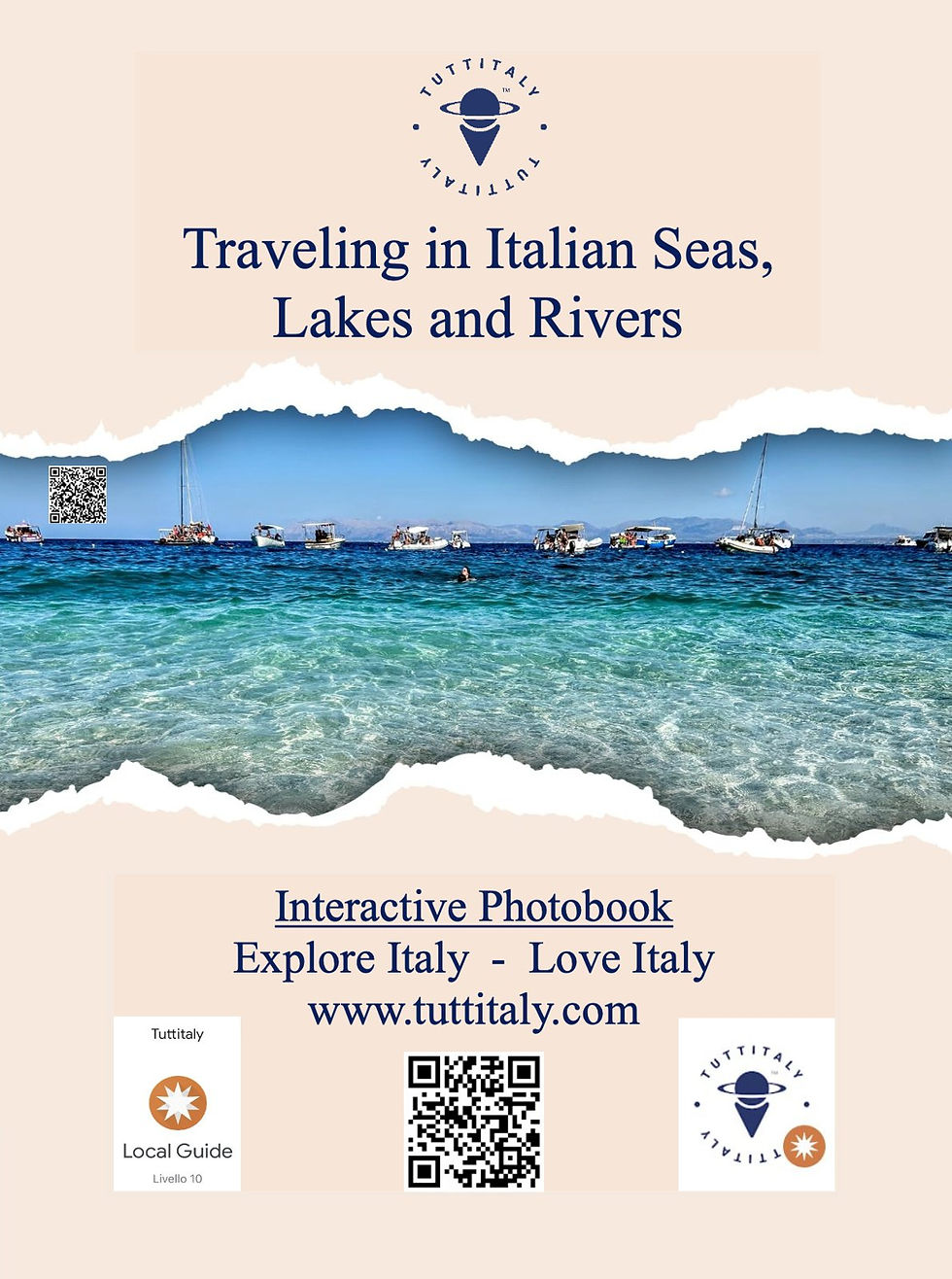Crotone's athletes were so strong that it was said that the last of the "Crotonians" was the first of the Greeks! The Magna Graecia Crotonese hero was Milone, an invincible athlete of antiquity, capable of winning six Olympics and six Pythian Games... #tuttitaly
Crotone, located in Calabria, is rich in history and traditions. One of its most picturesque places is the Lungomare, a beautiful coast promenade offering breathtaking views of the Ionian Sea.
History
The history of Crotone is linked to that of ancient Magna Graecia, a Greek colony founded in the 8th century BC. The athletes of Crotone were famous for their strength and skill, so much so that it was said that the last of the "crotoniates" was the first among the Greeks.
Milo of Croton
One of the most famous athletes of Crotone was Milo, known as the "magnogreco." Milo was an invincible athlete of antiquity, capable of winning six Olympics and six Pythian Games. His strength and skill were legendary, and his figure is still remembered today as a symbol of sporting excellence.
Tourist attractions
In addition to its history related to athletes, Crotone also offers numerous tourist attractions.
Among these, the Castle of Charles V stands out, an imposing fortress that dominates the city and provides a panoramic view of the coast.
Other places of interest include the Cathedral of Santa Maria Assunta, an essential religious building with a rich history, and the National Archaeological Museum of Crotone, which houses a vast collection of artifacts from ancient Magna Graecia.
Food and Wine
The gastronomy of Crotone is characterized by traditional dishes based on fresh fish, such as pasta with sardines and swordfish alla ghiotta. Furthermore, the city is famous for its fine wines, such as Cirò, a red wine produced in the surrounding area.
Conclusion
Crotone is a city that offers a unique combination of history, culture, natural beauty, and gastronomy. Its Lungomare, with its breathtaking view of the sea, is just one of the many reasons to visit this fascinating destination in Calabria.



























Comments